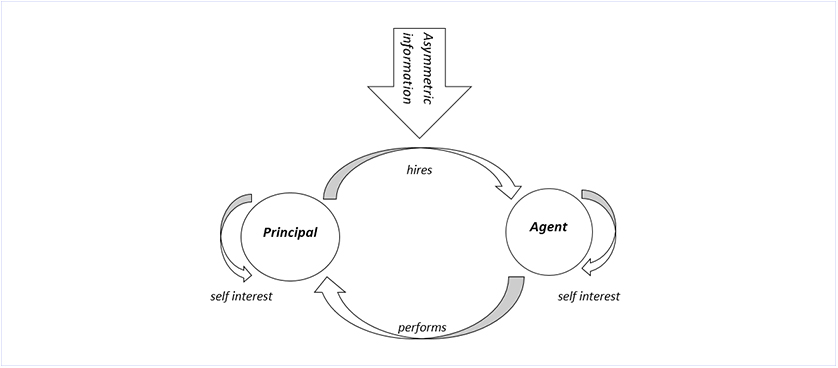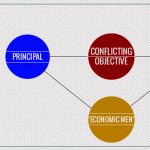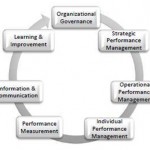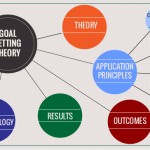What does the agency theory refer to?
An important issue in performance management is determining the right price to pay for a service provided by another party. The principle – agent problem arises when one party (agent) agrees to work in favor of another party (principle) in return for some incentives. In other words, the principal–agent problem or agency dilemma concerns the difficulties in motivating one party (the “agent”), to act in the best interests of another (the “principal”) rather than for his own interests.
Both the principal (i.e. employer) and the agent (i.e. employee) are wealth seeking “economic men” who pursue their own self-interest. They will both try to maximize their utility (gain), the principal by paying as less as possible for the service received, and the agent by charging as much as possible for that service. The problem lies in the fact that there is an information asymmetry between the principal and the agent. The principal can’t determine the effort level employed by the agent and cannot be sure if he has put forth maximal effort. In other words, he cannot be sure that the agent has worth its money by providing a quality service.
Principal – agent relationships exists everywhere. The company director that gives tasks to the workers, the client who goes to the dentist for an extraction, the politician that demands the people’s votes, they are all involved in this kind of relationship. As information asymmetry is very hard to eliminate, the principal should focus on motivating the agent to provide a service as good as possible. Organizations try to solve the principal – agent problem by instituting measures such as tough screening processes, incentives for good behaviour and punishments for bad behaviour, watchdog bodies and so on, but no organization can remedy it completely because the costs of doing so sooner or later outweigh the worth of the results.
References:
- The KPI Institute (2014), The Certified KPI Professional training course
- Waterman, R. W. and Meier, K. J (1998), Principal-Agent Models: An expansion? Journal of Public Administration Research and Theory, Volume 2, Pages 173-202
- Shapiro, S. P. (2005), Agency theory, Annual review of sociology, Vol. 31:263–84

Tags: Ask the Experts, Management performance, Principal-Agent Problem






